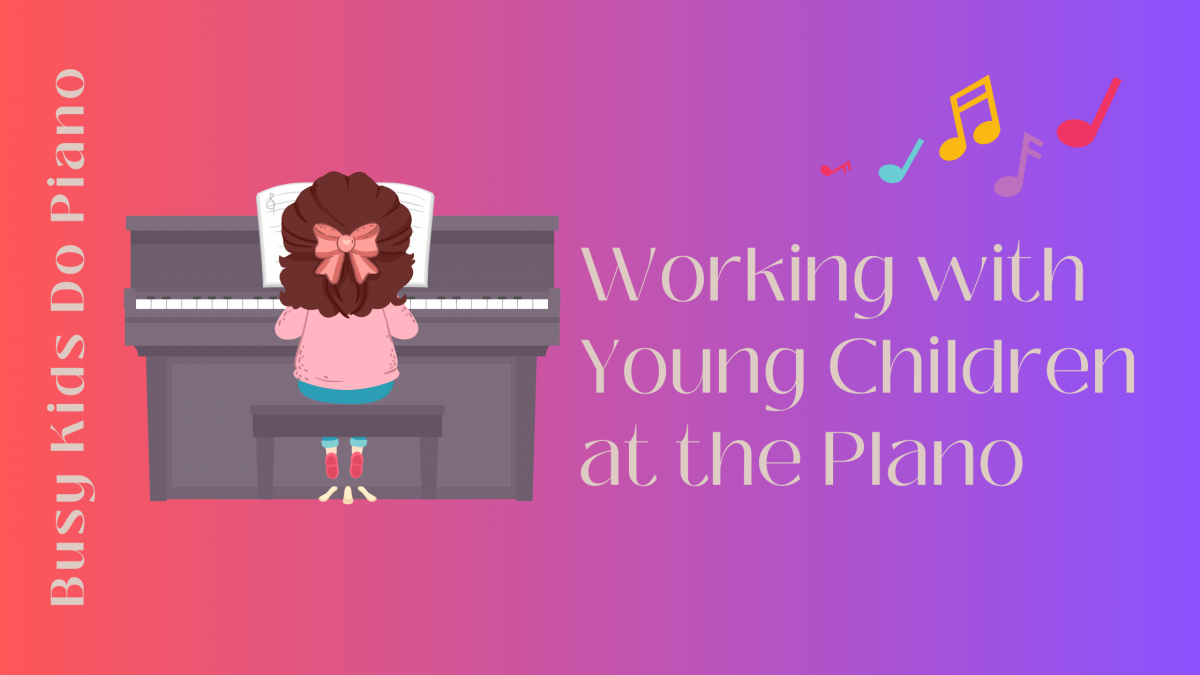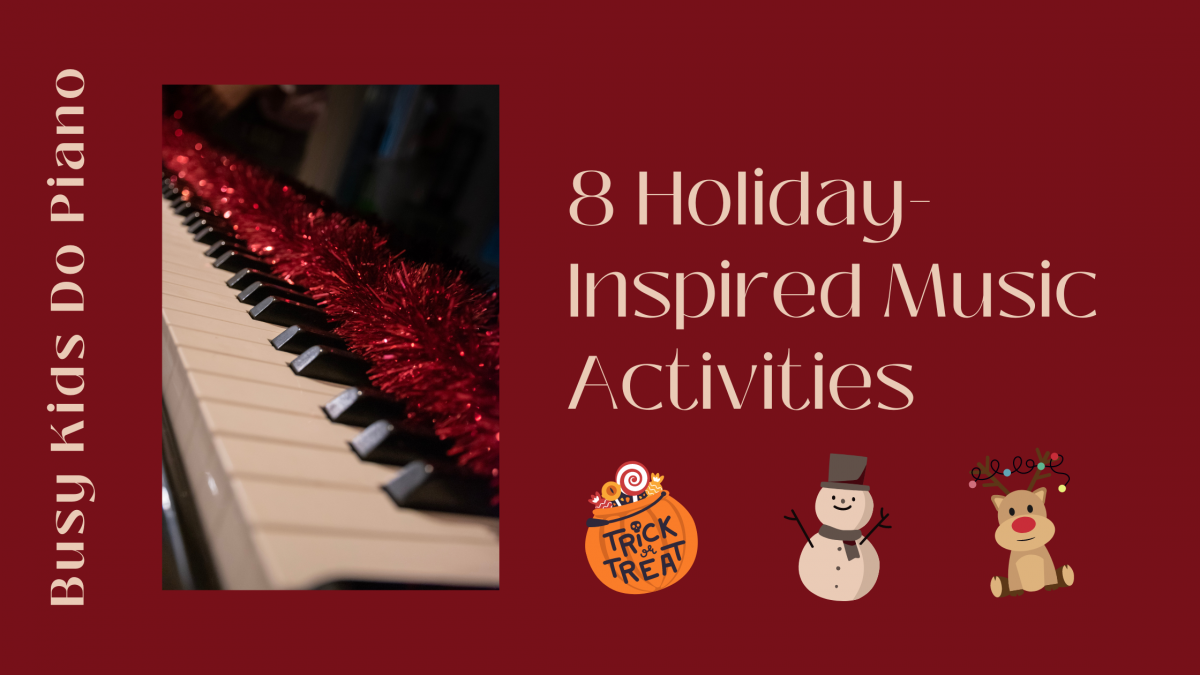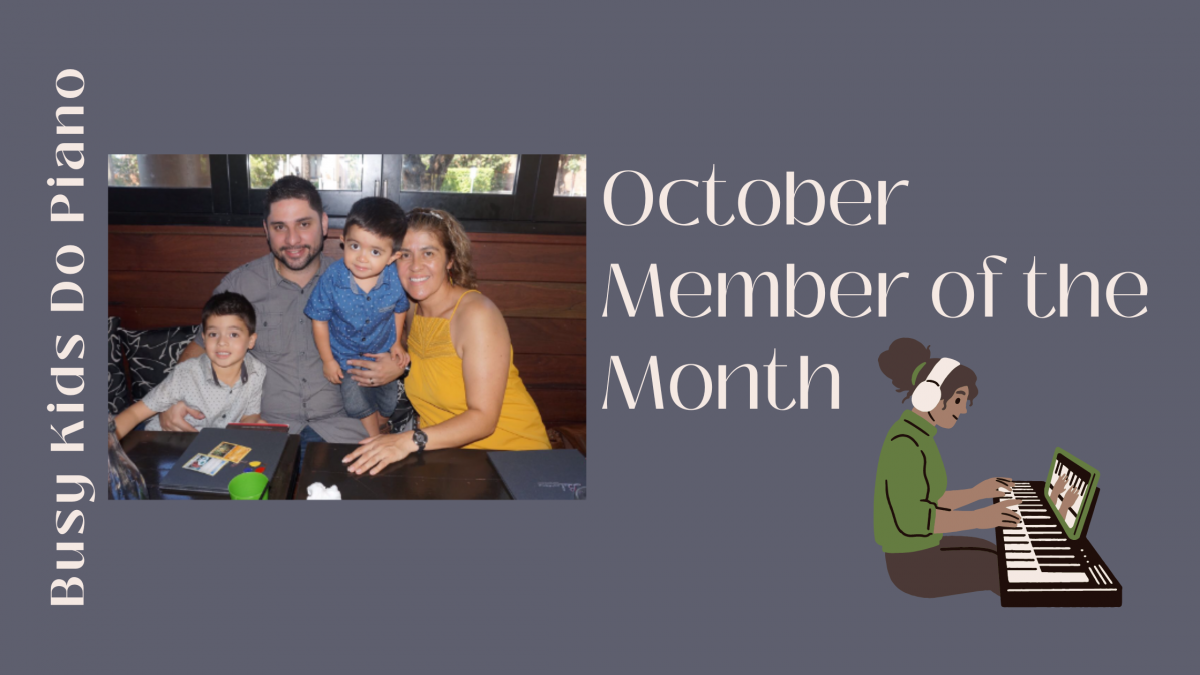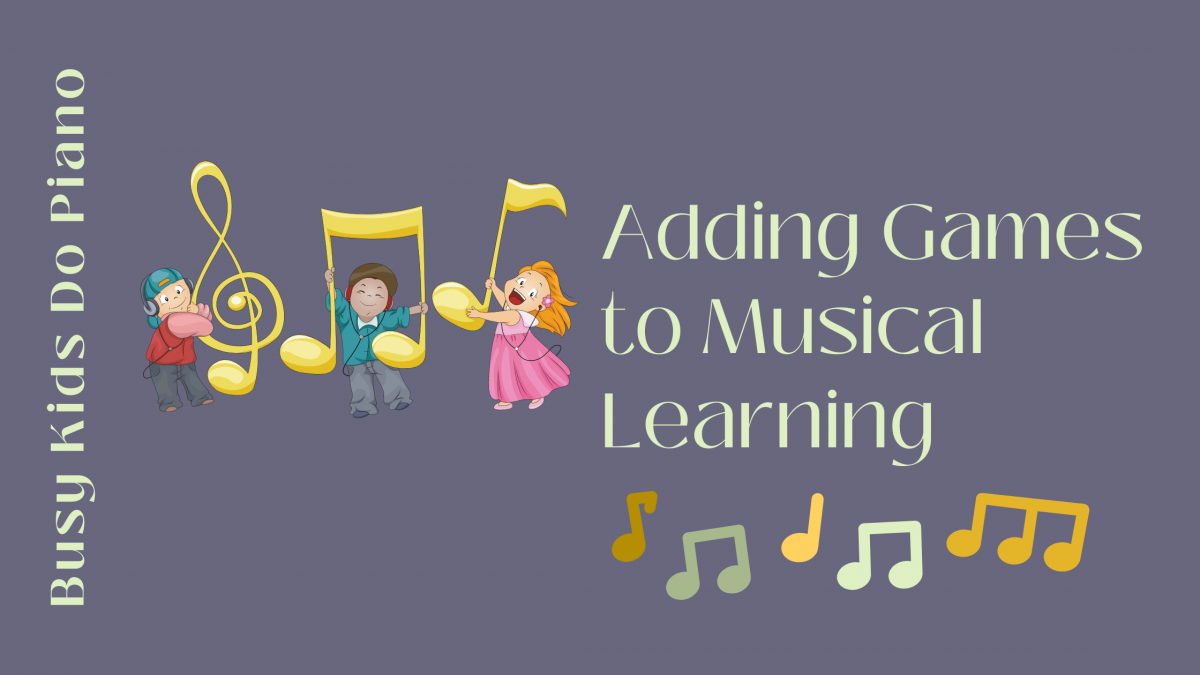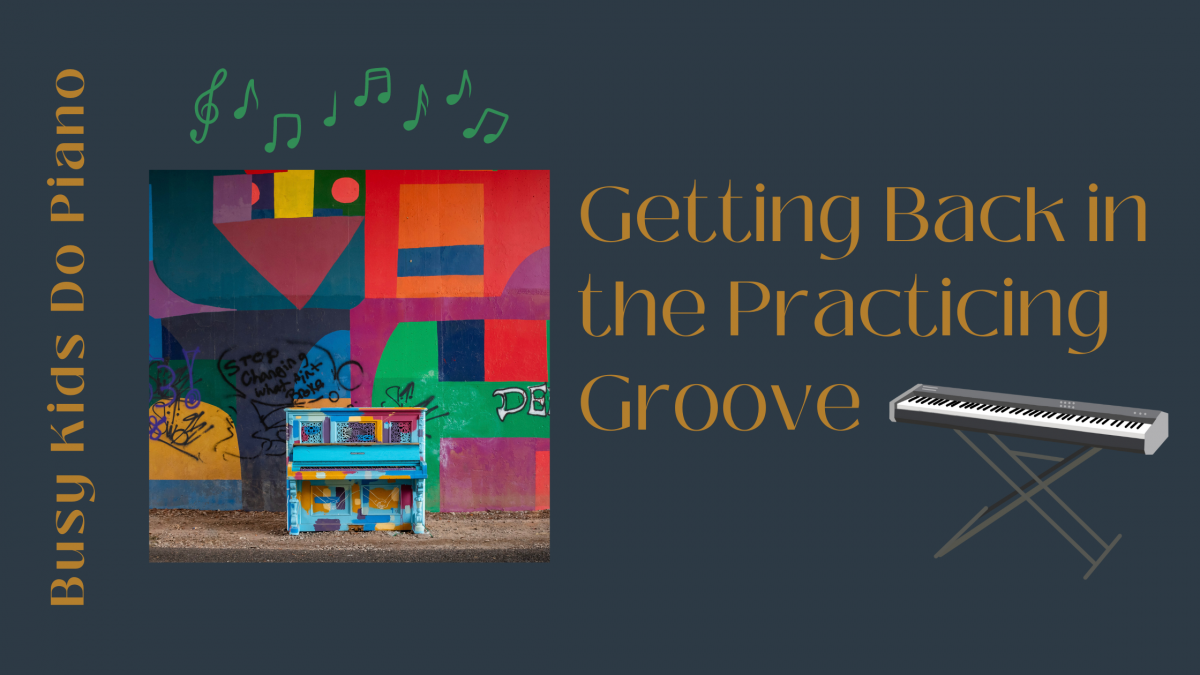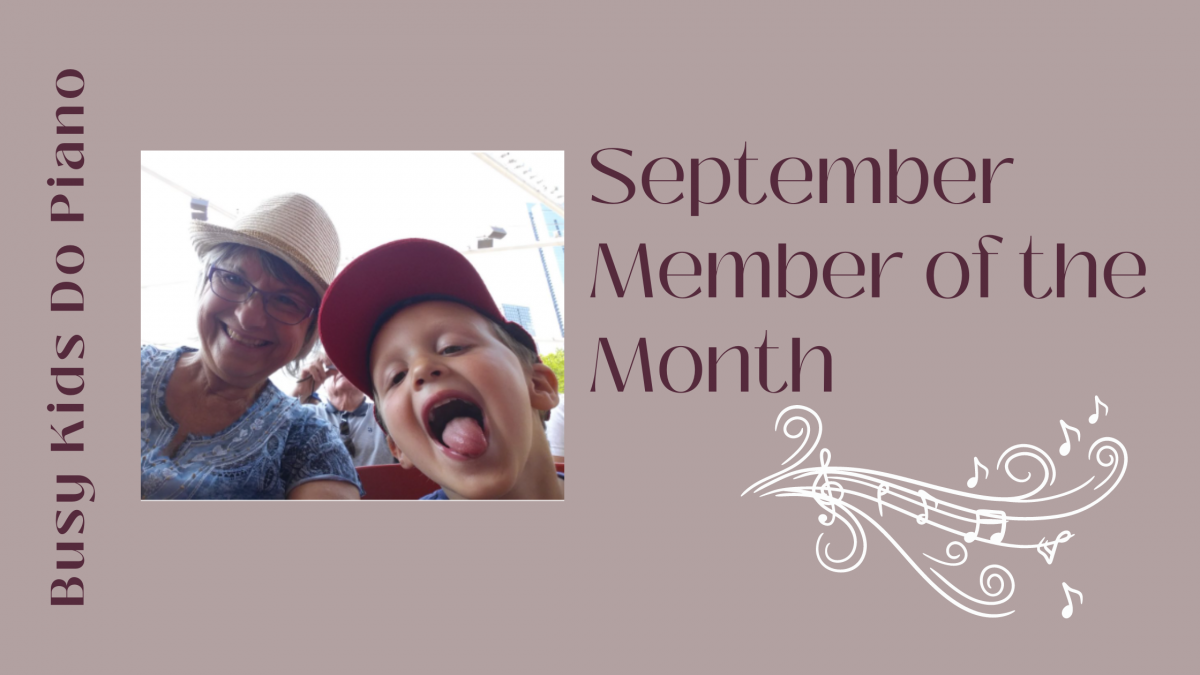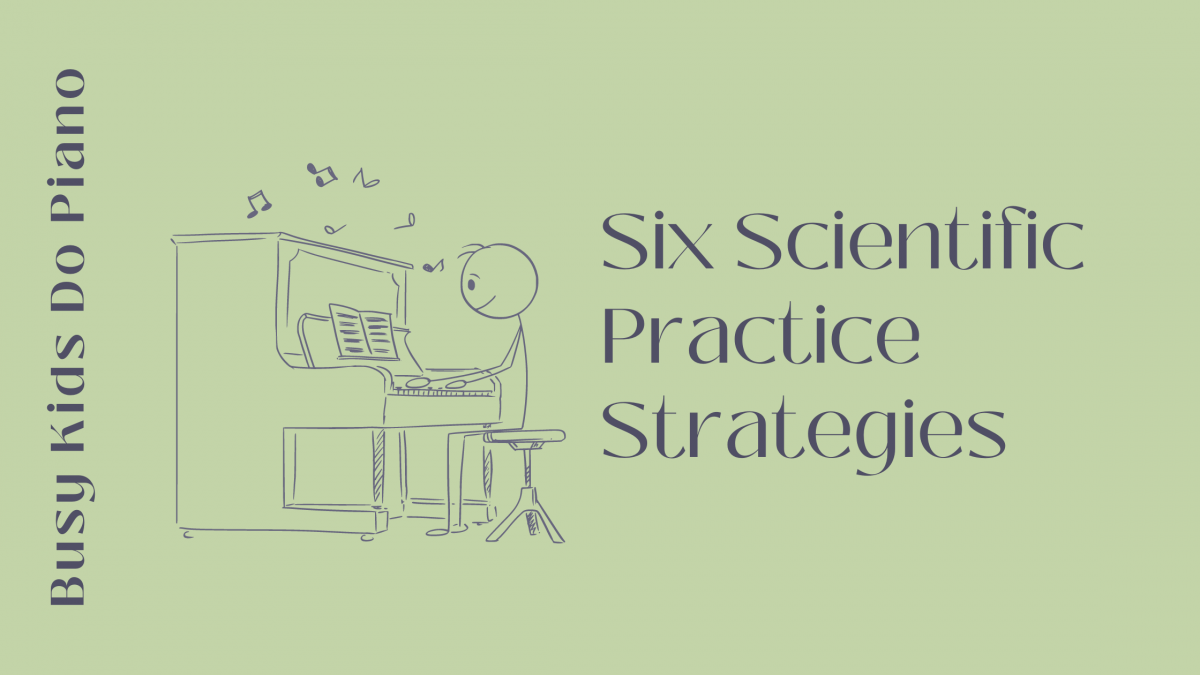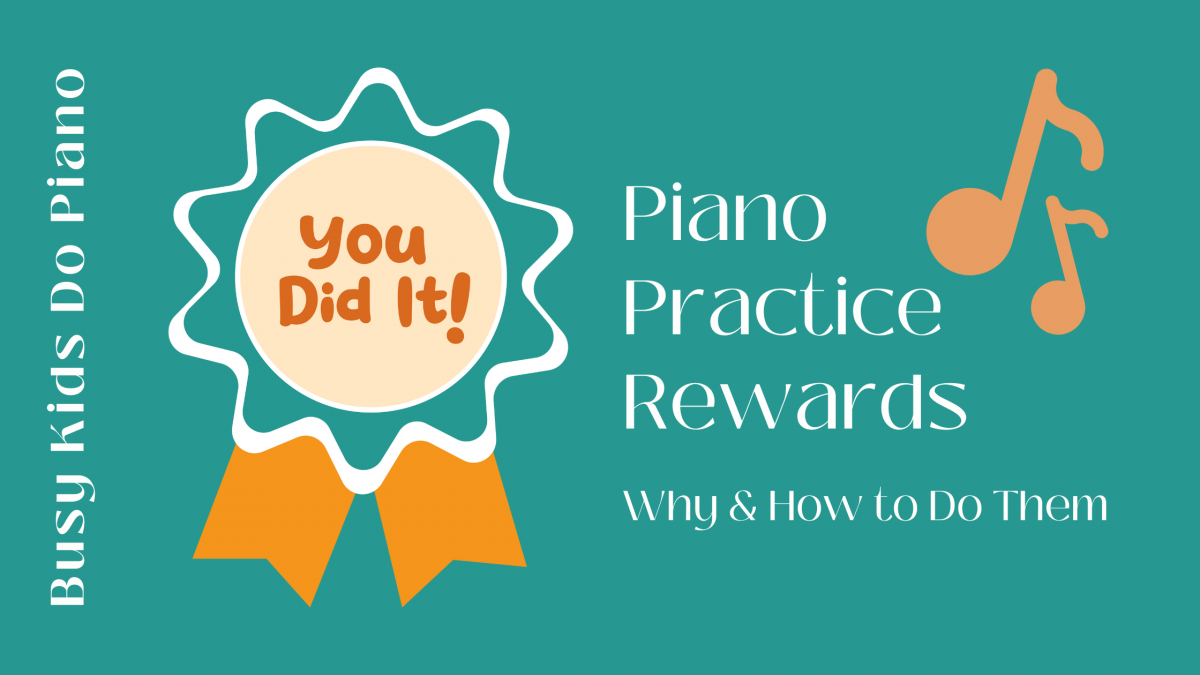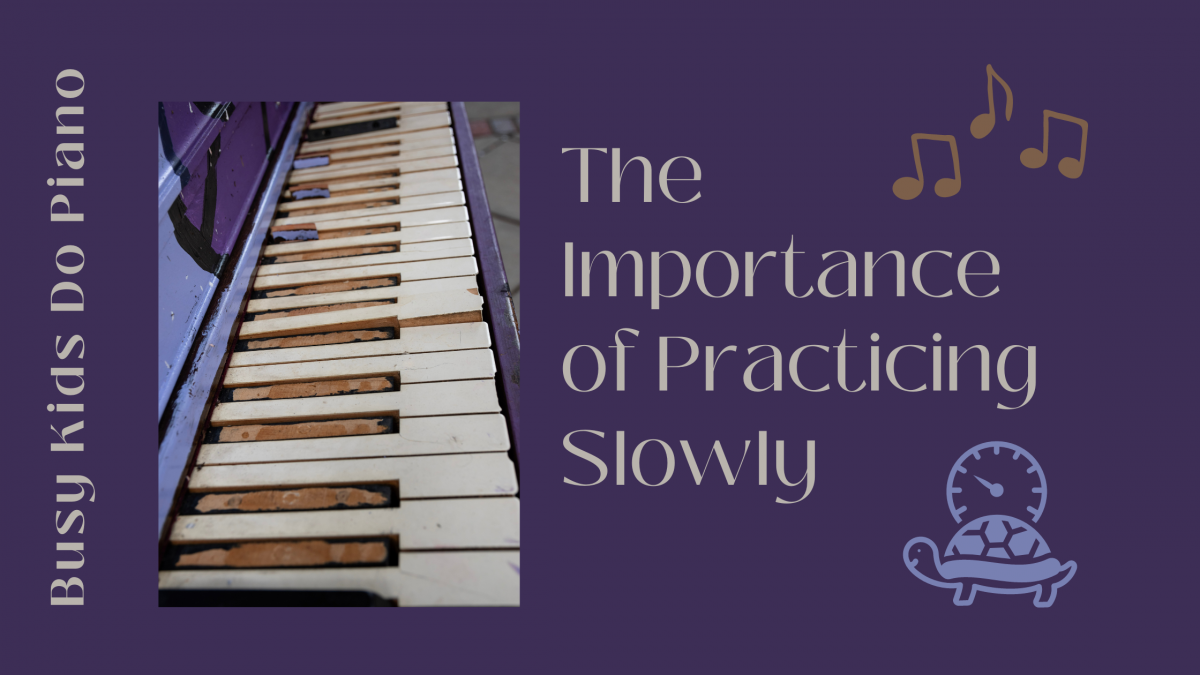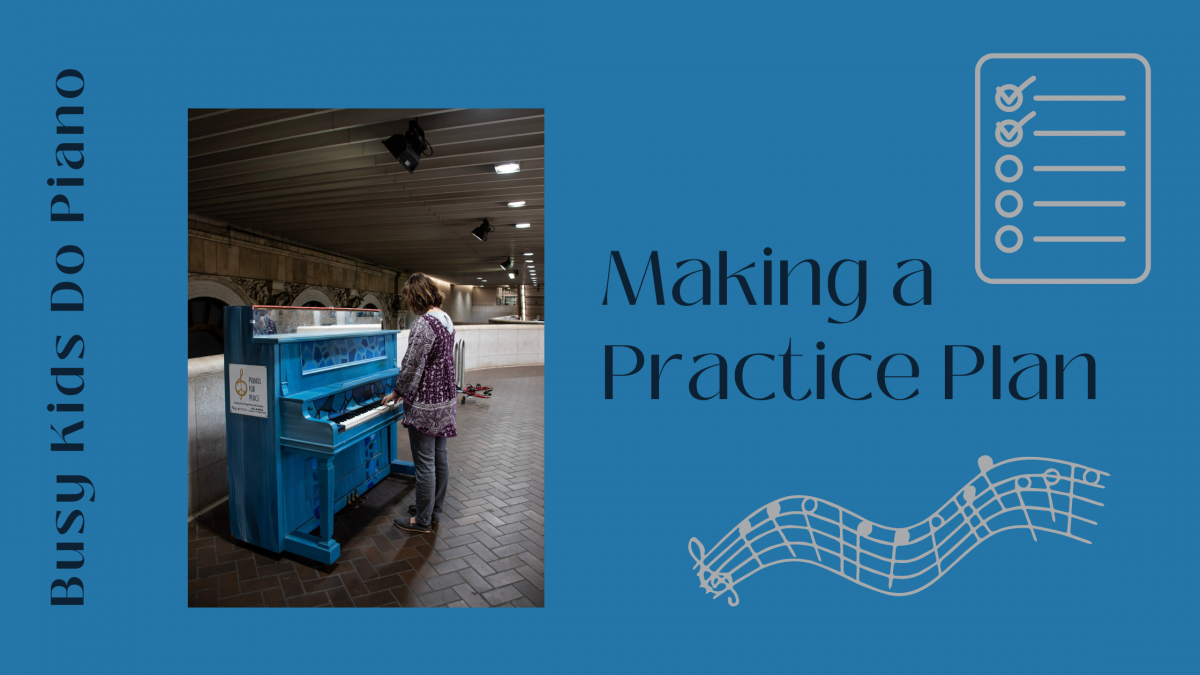I LOVE teaching piano to young children. Experiencing the excitement of learning a musical instrument through their eyes, their enthusiasm for practicing, their sense of adventure for trying new things — it’s incredibly rewarding.
BUT…it can also be challenging. Young students can become easily distracted, might have limited focus and may get frustrated quickly. Continue reading “Teaching Piano to Young Children”

